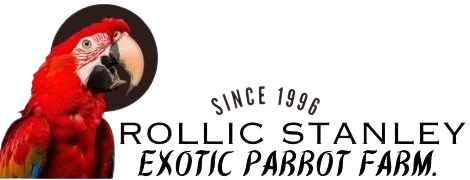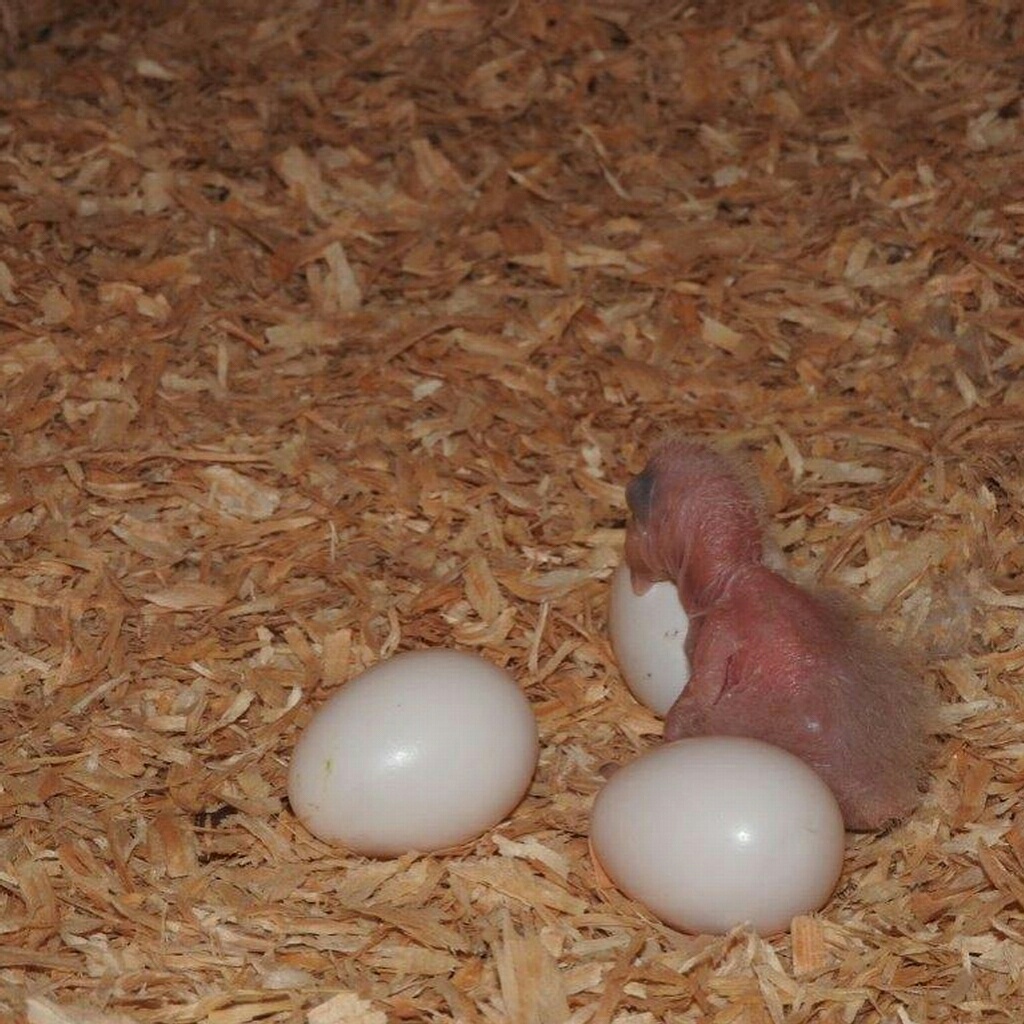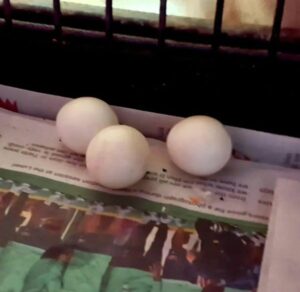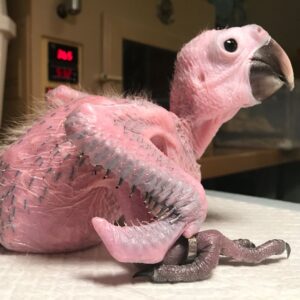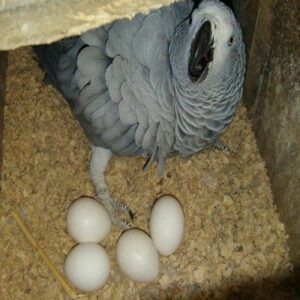1. Introduction
Our Exotic parrot farming is a fascinating and profitable venture that attracts bird enthusiasts and breeders alike. With the increasing demand for colorful and intelligent parrots as pets, the exotic parrot farming industry has seen significant growth. This article will explore the various aspects of setting up and managing an exotic parrot farm, from understanding different species to ethical considerations and future trends in the industry.
2. The History of Parrot Farming
Early Domestication of Parrots
Parrots have been domesticated for centuries, with records of parrot keeping dating back to ancient civilizations like the Egyptians and Romans. These early enthusiasts were captivated by the vibrant colors and mimicking abilities of parrots.
Evolution of Parrot Farming Practices
Over time, parrot farming evolved from a hobbyist activity to a structured industry. Modern practices focus on the health, well-being, and ethical treatment of these birds, ensuring sustainable breeding practices and conservation efforts.
3. Understanding Parrot Species
Popular Species in Exotic Parrot Farms
Several species are commonly found in exotic parrot farms, including African Greys, Macaws, and Cockatoos. Each species has unique characteristics, dietary needs, and social behaviors that require careful management.
Rare and Endangered Species
Some farms specialize in breeding rare and endangered parrot species, contributing to conservation efforts. These farms play a crucial role in preserving species that are threatened by habitat loss and illegal trade.
4. Setting Up an Exotic Parrot Farm
Choosing the Right Location
The location of a parrot farm is critical to its success. Factors such as climate, proximity to veterinary services, and availability of natural resources must be considered.
Essential Infrastructure and Facilities
A well-designed parrot farm includes aviaries, quarantine areas, and breeding rooms. Adequate space and proper ventilation are essential to ensure the health and comfort of the birds.
Licensing and Legal Considerations
Operating an exotic parrot farm requires adherence to various legal requirements, including obtaining the necessary licenses and permits. Compliance with local, national, and international wildlife trade regulations is also essential.
5. Nutrition and Diet for Parrots
Understanding Parrot Dietary Needs
Parrots require a balanced diet rich in fruits, vegetables, seeds, and nuts. Understanding the specific nutritional needs of each species is vital for their health and longevity.
Common Feeding Practices
Many parrot farms adopt a diet that mimics the natural food sources of parrots in the wild. This includes offering fresh fruits and vegetables, as well as specially formulated parrot pellets.
Importance of Fresh and Balanced Diet
A balanced diet is crucial for preventing common health issues in parrots, such as obesity and malnutrition. Regular monitoring of their diet ensures that parrots receive all the essential nutrients.
6. Breeding Practices
Selecting Breeding Pairs
Careful selection of breeding pairs is essential to maintain genetic diversity and produce healthy offspring. Breeders often choose pairs based on compatibility, health, and lineage.
Breeding Cycles and Care for Hatchlings
Understanding the breeding cycles of different parrot species is crucial for successful breeding. Once the eggs hatch, the hatchlings require meticulous care and monitoring to ensure their survival and growth.
Genetic Diversity and Conservation Efforts
Maintaining genetic diversity is vital for the long-term health of parrot populations. Some farms participate in conservation programs that focus on breeding endangered species and reintroducing them into the wild.
7. Health and Well-being
Common Health Issues and Their Prevention
Parrots are susceptible to various health issues, including respiratory infections, feather plucking, and psittacosis. Preventative measures, such as regular veterinary check-ups and proper hygiene, are essential.
Routine Veterinary Care
Regular veterinary care is crucial for monitoring the health of parrots and preventing the spread of diseases. This includes routine vaccinations, health screenings, and parasite control.
Mental Stimulation and Physical Exercise
Parrots are highly intelligent and require mental stimulation and physical exercise to stay healthy. Providing toys, puzzles, and opportunities for flight helps keep them engaged and active.
8. Behavioral Training and Socialization
Importance of Early Socialization
Early socialization is key to raising well-adjusted parrots. This process involves exposing young parrots to various social situations to help them develop positive behaviors.
Training Techniques for Behavior Management
Effective training techniques, such as positive reinforcement, help manage and correct undesirable behaviors in parrots. Consistency and patience are essential for successful training.
Enrichment Activities for Parrots
Enrichment activities, such as interactive toys and foraging exercises, are vital for a parrot’s mental and emotional well-being. These activities help prevent boredom and promote natural behaviors.
9. Ethical Considerations
Responsible Breeding and Conservation
Ethical parrot farming involves responsible breeding practices that prioritize the health and well-being of the birds. Conservation efforts, such as breeding endangered species, are also crucial.
Addressing the Ethical Concerns of Exotic Pet Trade
The exotic pet trade raises several ethical concerns, including the welfare of captive birds and the impact on wild populations. Responsible parrot farms address these issues by promoting ethical breeding and conservation.
10. Economic Aspects of Parrot Farming
Cost of Setting Up and Maintaining a Parrot Farm
Starting an exotic parrot farm requires a significant investment in infrastructure, equipment, and initial bird stock. Ongoing costs include food, veterinary care, and staff salaries.
Revenue Streams: Pet Sales, Breeding, and More
Parrot farms generate revenue through the sale of pet birds, breeding services, and related products. Some farms also offer educational tours and bird-related experiences to generate additional income.
Market Trends and Future Opportunities
The demand for exotic parrots continues to grow, driven by their popularity as pets and their use in breeding programs. Future opportunities include expanding into new markets and developing unique bird-related experiences.
11. Marketing and Sales Strategies
Building a Brand and Online Presence
A strong brand and online presence are essential for attracting customers to a parrot farm. This includes creating a professional website, engaging on social media, and showcasing the farm’s unique offerings.
Networking with Pet Stores and Exotic Pet Enthusiasts
Building relationships with pet stores and exotic pet enthusiasts can help increase sales and expand the farm’s customer base. Participating in industry events and trade shows is also beneficial.
Participating in Exotic Pet Fairs and Events
Exotic pet fairs and events provide an opportunity to showcase parrots and connect with potential customers. These events also offer valuable networking opportunities with other breeders and industry professionals.
